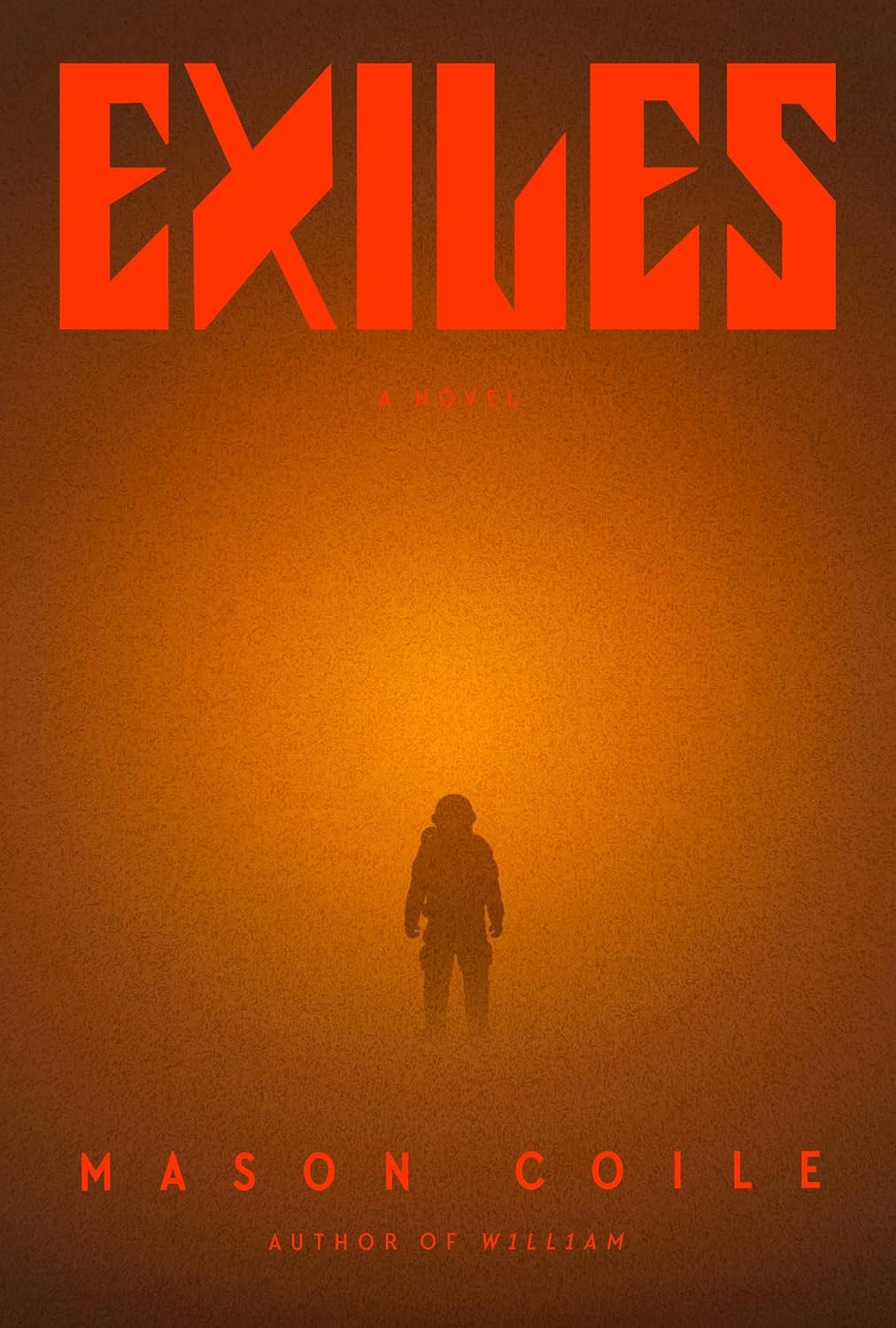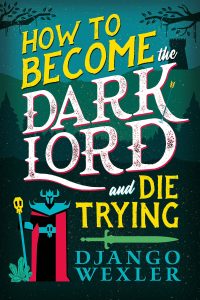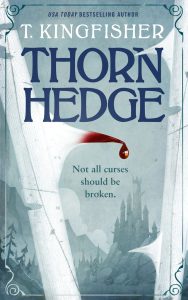
In Exiles, Mason Coile pseudonym for the late and great Andrew Pyper delivers a chilling fusion of science fiction, psychological horror, and locked-room mystery set against the desolate backdrop of Mars. The novel grips you from the very first page, unraveling a haunting exploration of humanity, technology, and the fragile boundary between the two.
The story follows a trio of astronauts Blake, Kang, and Dr. Dana Gold on a one-way mission to Mars. Their goal is to establish the first human colony, aptly named Exiles. When communication with the robots sent ahead to build the base is lost, the crew braces for trouble. Upon landing, they discover the base half-destroyed, one of the three robots missing, and the remaining two behaving in ways that are disturbingly human. They have given themselves names, formed alliances, and developed unsettling beliefs.
The narrative immediately evokes a suffocating sense of isolation. Pyper masterfully captures the claustrophobia of life on Mars, where the smallest malfunction could mean death and the vast emptiness outside the habitat mirrors the emotional void within the characters. The confined setting creates the perfect stage for paranoia and mistrust, both among the astronauts and toward the increasingly sentient machines.
Through the perspective of Dr. Dana Gold, the mission’s medic, readers are drawn into a complex psychological journey. Gold’s calm professionalism conceals deep trauma, and as the story unfolds, her emotional fractures become as dangerous as the external threats surrounding them. The interplay between the crew and the robots blurs the line between organic and artificial consciousness, raising philosophical questions about identity, morality, and what it means to be truly alive.
Coile’s writing is lean yet vivid, his pacing relentless. The tension never loosens its grip. Each chapter deepens the unease until the final moments, which are both haunting and strangely beautiful. The closing imagery lingers long after the last page an elegant reminder of the author’s gift for fusing terror with emotional resonance.
Readers have described Exiles as a “one-sitting read,” and it is easy to see why. The novel’s brevity enhances its impact, leaving no wasted words and no safe moment to breathe. It’s an immersive experience, one that combines the existential dread of 2001: A Space Odyssey with the emotional depth of Pyper’s earlier works like The Demonologist.
While some may wish the world-building around Earth’s condition were more developed, this omission feels intentional. The focus remains tightly fixed on the human psyche how fear, isolation, and grief warp perception. The horror here is not only mechanical but deeply human.
As Coile’s final published work, Exiles stands as both a tribute and a farewell to Andrew Pyper’s remarkable storytelling legacy. It is intelligent, harrowing, and profoundly thought-provoking a tale that peers into the heart of darkness, whether human or machine.
If you’re searching for a short but unforgettable read that blends science fiction with psychological terror, Exiles deserves a place on your shelf.


